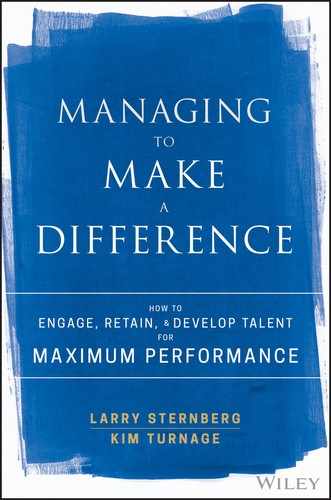Chapter 23
Resist the Temptation to Seize Control
In the luxury hotel business, labor is the biggest controllable cost, and managers are directly responsible for it. Getting the work schedule right is important and challenging. Schedule too many employees and your payroll is too high. Schedule too few employees and the quality of service suffers. Here is a story about an all-too-common response managers make when things go awry in important areas of the business, like scheduling:
Have you witnessed this type of over-response before? This solution created a lot of extra work for the food and beverage director. He did not start reviewing schedules made by just that single restaurant manager. He started doing it for all the managers of all the food and beverage outlets in the hotel. It slowed things down considerably, and it sent a clear message that the department heads were no longer trusted to make proper schedules. They were closest to the needs of the business, and most of them had been exercising excellent judgment in scheduling in the outlets they managed. What do you think questioning and overriding their good judgment did to their sense of meaning and engagement with their work?
Way too often, a supervisor responds to a mistake by exercising more control, thus moving in the direction of micromanagement. Resist the temptation to do this because if you give in to it, you will eventually become overwhelmed in your efforts to control everything—and mistakes will occur anyway.
People make mistakes. That does not mean that we should be complacent, but implementing additional control mechanisms is rarely the best answer. Take your emotion out of the equation. Do not implement a cure that is worse than the disease.
In this illustration, the food and beverage director needs to address a real problem. What would be a better alternative? How could one-on-one coaching with the one hotel restaurant manager who had a problem with scheduling create a better result—for that person and for the team as a whole? What lessons and experiments from previous chapters could have helped him address this issue differently?
Control mechanisms and oversight processes are disempowering. The next chapter explores benefits of empowering your employees, and it includes additional thoughts about control mechanisms.
